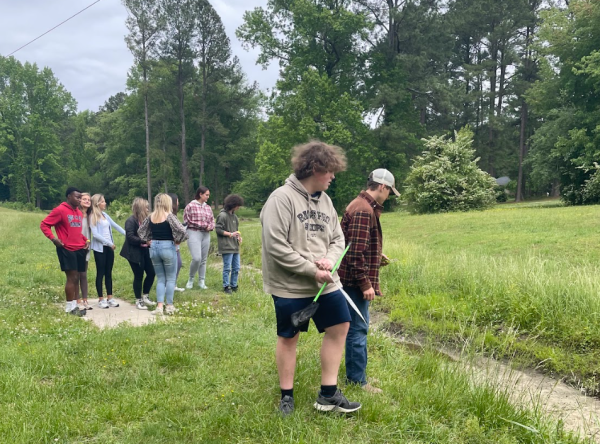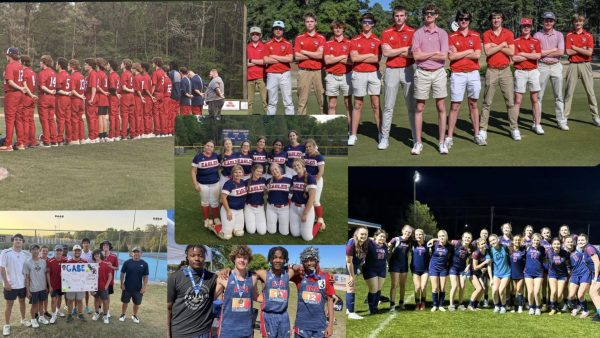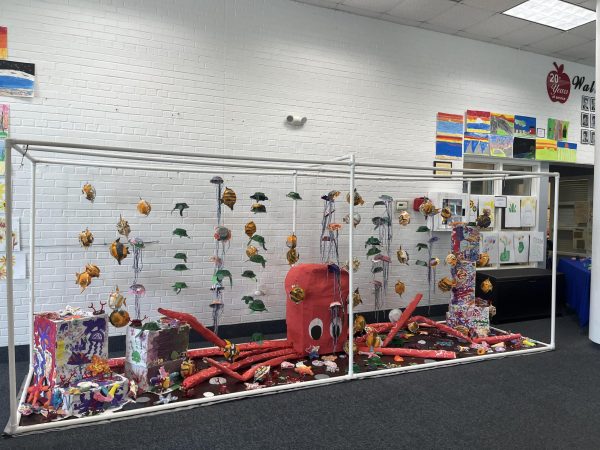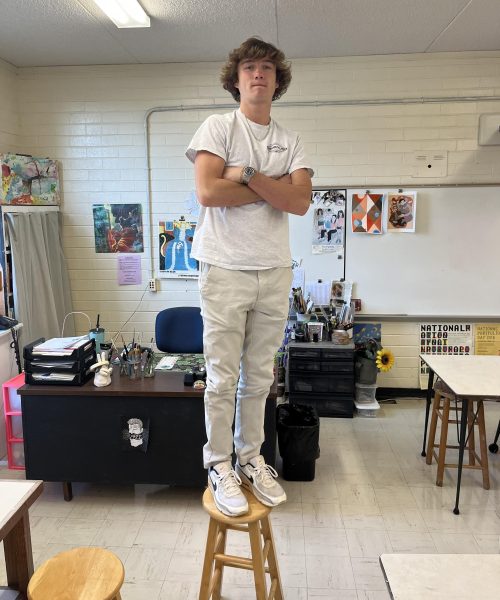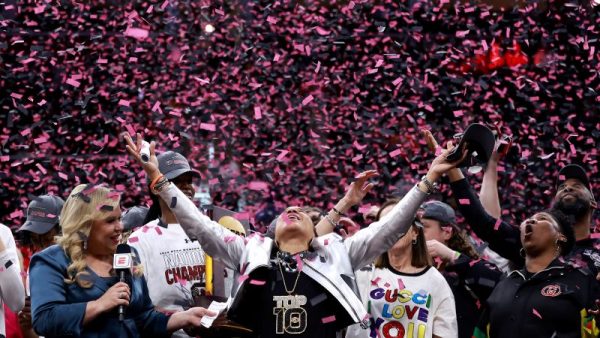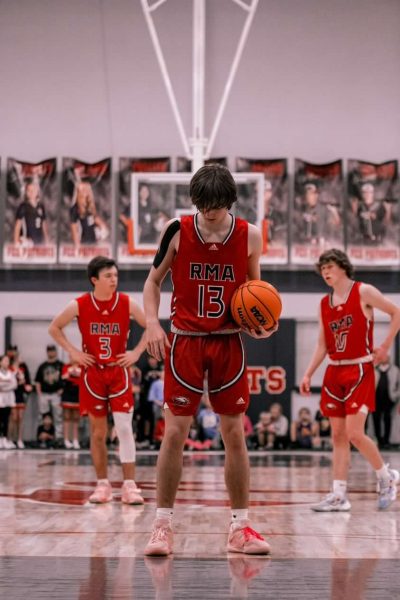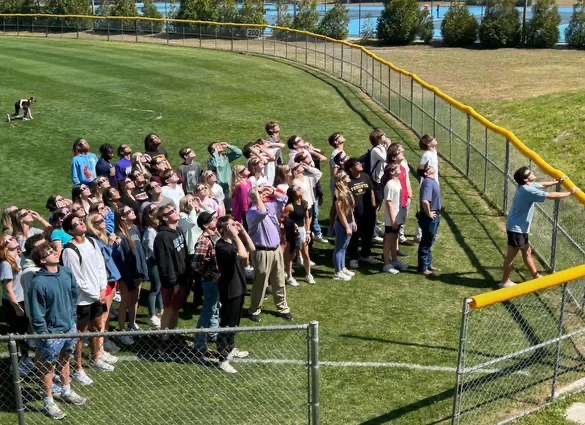Remembering Stuart Scott
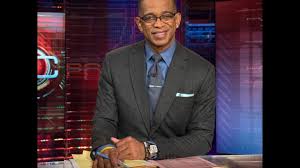
In the early hours of Sunday January 4th, legendary sportscaster Stuart Scott died of cancer at the age of 49. SportsCenter fans could instantly identify Scott by his easy-going disposition on camera and impressive knowledge of all sports. Stuart Scott could often be seen hosting Monday Night Countdown during the NFL season and covering the NBA Finals as he did for over a decade. Stuart Scott will also be remembered for his bravery during his private battle with cancer. His familiar presence in the studios of ESPN will surely be missed as many athletes, colleagues, and even President Obama gave heartfelt statements about his death and battle with cancer.
Stuart Scott was born in Chicago, but moved to Winston- Salem, North Carolina when he was a junior in high school. Scott went on to attend and graduate from the University of North Carolina at Chapel Hill as a speech communications major. After he graduated, Stuart Scott worked at several local news stations as a sports reporter and co-anchor. ESPN quickly offered Stuart a spot on ESPN2 in 1997. There, Stuart Scott became one of the first African American anchors that had not played a sport in college or professionally. Stuart coined catchphrases like “cool as the other side of the pillow” and “boo-yah!” while covering NFL and NBA games. His humorous and sharp commentating was revolutionary in the sports casting business; his wit and informal disposition was unprecedented for a sportscaster. While on the air, he was lively and animated, showing true interest and enjoyment for what he did. Because of the way he presented himself, and sports news, Stuart Scott seemed to begin to cover everything. He was clearly ESPN’s go-to reporter and a fan favorite. For over 10 years, NBA fans could count on Stuart’s infamous post-Final interview with the winning team that perfectly ended the season for fans and athletes alike. Over the course of his career he had dozens of one-on-one interviews with iconic athletes like Michael Jordan and LeBron James. Stuart also interviewed Presidents Bill Clinton and Barack Obama, showing that he was not limited to athletes. Because of his broad horizons, Stuart was widely loved and admired. Stuart’s colleagues always made comments about his efforts to stay current with the times and reach out to all audiences, not just sports fans. Stuart was truly a pioneer in his field because of the great lengths that he stretched the sports world to. He became a household name because of the way that he could make sports appealing to everyone. When Stuart’s cancer began to worsen throughout 2014, television viewers began to see less and less of him, a gap that ESPN had a hard time filling.
Stuart Scott was first diagnosed with appendiceal cancer in 2007. For several years Scott would go into remission, only to have the cancer return. Despite this setback, he never let the cancer define him or keep him from his job. He would often have treatments in the morning and then go to the studio later that day. His dedication to his job and colleagues was unparalleled. Stuart would never let viewers see the effects of cancer in his spirits. He remained optimistic and continued to live his life as he would have if he didn’t have cancer. In an interview given a few years back, Stuart said that he never knew what stage of cancer he was in; he didn’t want that to define him or give him a time frame on life. In July of 2014 Scott received the Jimmy V Perseverance Award at the ESPYS and delivered a very moving speech about his courageous battle with cancer. In that speech he stated, “When you die it does not mean that you lose to cancer. You beat cancer by how you live, why you live, and in the manner in which you live.” He leaves behind two teenage daughters that he considers to be the greatest achievement of his life. Stuart Scott is remembered by ESPN, athletes, celebrities, and television viewers as honorable, inspiring, and “cooler than the other side of the pillow”.





